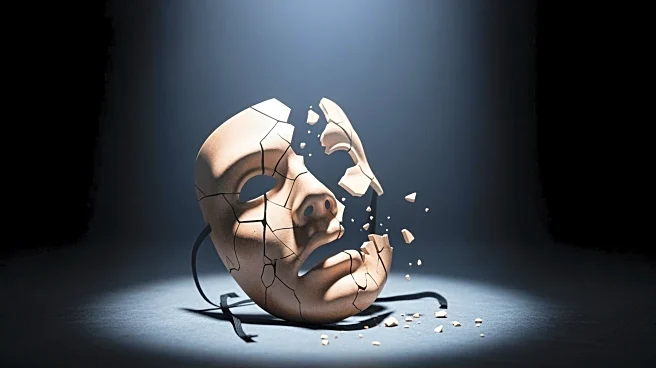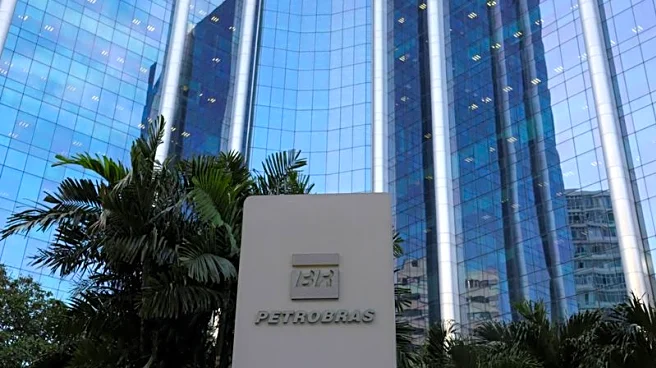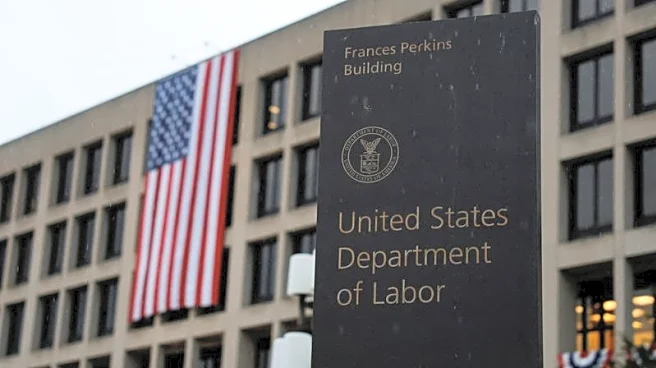What's Happening?
Actor Stellan Skarsgård, known for his roles in films such as 'Amistad', 'Good Will Hunting', and 'Dune', has opened up about the challenges he faced after suffering a stroke three years ago. The stroke occurred
between filming the 'Andor' and 'Dune' series, presenting new obstacles in his acting career. Skarsgård has adapted by using earpieces with prompters to assist with line delivery, although he notes this requires significant training for the prompter. Despite these challenges, Skarsgård continues to work, starring in and executive producing the upcoming film 'Sentimental Value'. He expressed fears of not being capable of living fully and being boring, but remains grateful for his ability to continue working.
Why It's Important?
Skarsgård's experience highlights the resilience and adaptability required in the entertainment industry, especially when faced with personal health challenges. His continued work despite the stroke underscores the importance of support systems and innovative solutions in maintaining career longevity. This situation also sheds light on the broader issue of health-related challenges faced by actors and the impact on their professional lives. Skarsgård's story may inspire others in similar situations to find ways to overcome obstacles and continue pursuing their passions.
What's Next?
Skarsgård's latest film, 'Sentimental Value', is set to release on November 7, showcasing his ability to continue contributing to the film industry despite personal challenges. The film's release may prompt discussions on the support and accommodations available for actors facing health issues. Additionally, Skarsgård's openness about his experience may encourage other actors to share their own stories, potentially leading to increased awareness and support within the industry.
Beyond the Headlines
Skarsgård's story raises questions about the ethical considerations of hiring actors with health challenges and the potential for discrimination. It also highlights the cultural impact of actors who continue to work despite personal difficulties, serving as role models for resilience and determination. The long-term implications may include increased advocacy for better support systems and accommodations for actors facing similar challenges.











